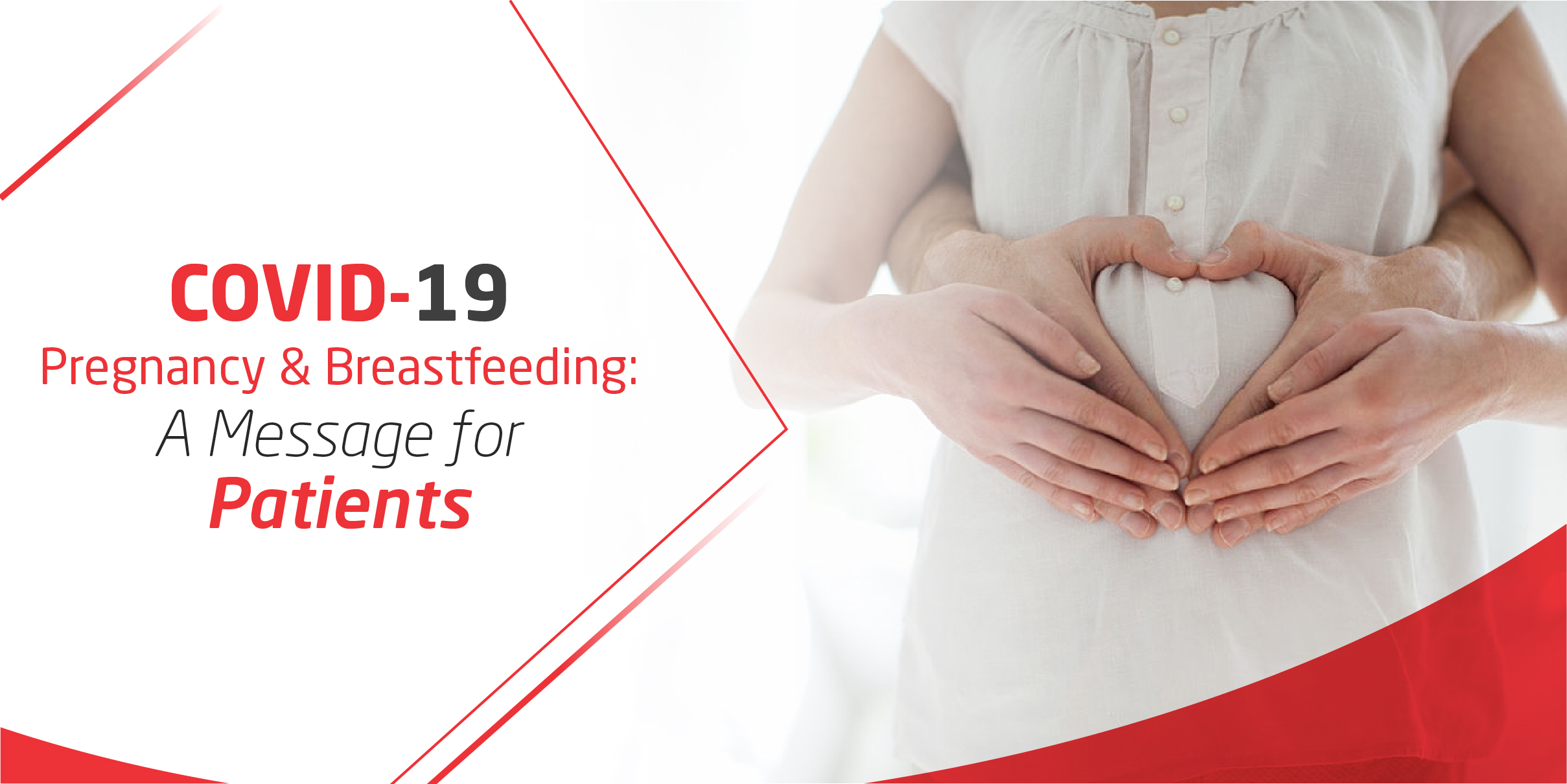
What is COVID-19?
COVID-19 is a new illness that affects the lungs and breathing. Symptoms include fever, cough, and trouble breathing. It also may cause stomach problems, such as nausea and diarrhea, and a loss of your sense of smell or taste. Symptoms may appear 2 to 14 days after you are exposed to the virus.
How does COVID-19 affect pregnant women?
Current reports show that pregnant women do not have more severe symptoms than the general public. Doctors urge pregnant women to take the same steps as the general public to avoid coronavirus infection.
How can COVID-19 affect a fetus?
It’s too early for researchers to know how COVID-19 might affect a fetus.
What should pregnant women do to avoid the coronavirus?
The virus spreads mainly from person-to-person contact. Pregnant women can take the same steps as other people to protect themselves, including
Should pregnant women wear a mask or face covering?
How will COVID-19 affect prenatal and postpartum care visits?
As the virus spreads, it is a good idea to call your obstetrician–gynecologist to ask how your visits may be changed. Some women may have fewer or more spaced out in-person visits. You also may talk more with your health care team over the phone or through an online video call. This is called telemedicine .
How can I stay physically healthy right now?
Pregnant women can stay healthy by following the usual recommendations during pregnancy, including:
How can I manage stress, anxiety, and depression?
Some pregnant and postpartum women may be feeling fear, uncertainty, stress, or anxiety because of COVID-19. Reaching out to friends and family during this time may help . Physical activity also may help your mental health. And it may be useful to focus on your breathing each day, especially if you are feeling anxious. Breathe in for 4 seconds, hold for 7 seconds, and breathe out for 8 seconds. Repeat three times
What should I do if I am pregnant and think I have COVID-19?
If you think you may have been exposed to the coronavirus and have a fever or cough, call your ob-gyn or other health care professional for advice.
Warning signs include the following:
What should I do if I am pregnant and diagnosed with COVID-19?
If you are diagnosed with COVID-19, follow the advice from your ob-gyn or other health care professional. for all people with COVID-19 includes the following:
Should I make any changes to my labor and delivery plans?
Talk with your ob-gyn or other health care professional about your birth plan. In most cases, the timing and method of delivery (vaginal birth or cesarean birth) do not need to be changed. Women who are sick probably do not need a cesarean birth.
.
What will happen during labor and delivery if I have COVID-19?
Your health care team may wear masks or take other steps to reduce the risk of spreading the virus. You and your health care team also may discuss having your newborn stay in a separate room to reduce the risk of infection for the baby.
Can COVID-19 pass to a baby through breast milk?
So far, the virus has not been found in breast milk. But there is not enough information yet on whether women who are sick can pass the virus through breast milk.
Breast milk gives babies protection against many illnesses. It also is the best source of nutrition for most babies. Talk with your ob-gyn or other health care professional about whether to start or continue breastfeeding. You can make this decision together with your family and health care team.
How can I avoid passing COVID-19 to my baby?
If you have symptoms of COVID-19 or if you have been diagnosed, you can take the following steps to avoid passing the infection to your baby:
I want to get pregnant. Should I wait because of COVID-19?
This is a personal choice. You can make the decision based on your health, the potential risks of COVID-19, and other factors.
Researchers are still learning how COVID-19 affects pregnant women. Current reports show that pregnant women do not have more severe symptoms than the general public Based on current research, it is not likely that COVID-19 passes to a fetus during pregnancy, labor, or delivery. But more research is needed on this. After birth, a newborn can get the virus if they are exposed to it.
Dr Manisha Gupta
Professor ,Deptt of Obs& Gynae
Santosh Medical College & Hospital
Ghaziabad